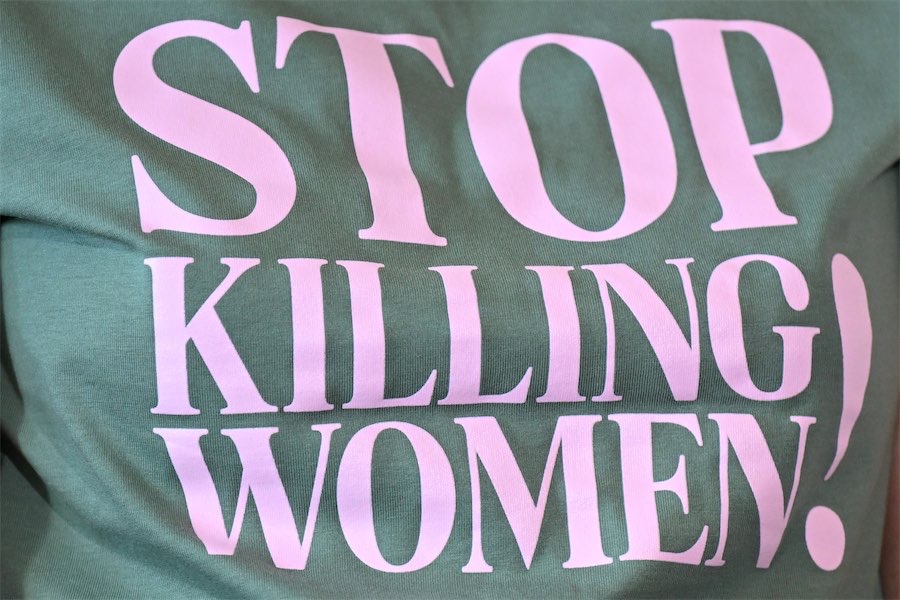
By Jacob Shteyman in Canberra
Recent strides made to eradicate domestic and family violence are at risk of being undermined by a lack of support workers, warn advocates.
Frontline and legal services helping women and children experiencing domestic violence were the biggest beneficiaries in a $4.7 billion funding boost for the sector announced by Prime Minister Anthony Albanese on Friday.
The five-year agreement with states and territories was broadly welcomed by advocates, who said it was a step in the right direction.
The funding was “incredibly important” for providing frontline support to women and children, who are often overlooked as victims of domestic violence, said Tessa Boyd-Caine, chief executive of violence prevention not-for-profit ANROWS.
“Frontline services are often the first and last lines of contact for people experiencing violence,” she said.
While details were vague on how the funding will ultimately be spent, national cabinet’s agreement to increase support for at-risk children, work with perpetrators to prevent violence before it happens and tackle alcohol-fuelled violence was promising, said Embolden general manager Mary Leaker.
“The increased funding is really welcome, but we can’t do this work if we don’t have the workers to do it,” she told AAP.
“We’ve called for significantly more specialist children’s workers and much stronger investment in therapeutic supports for children and young people who’ve experienced domestic and family and sexual violence.
“And we know we need to do that because those experiences increase the risk of both victimisation and perpetration of violence later in life.”
Ms Leaker called for a national workforce strategy to address the barriers preventing new support workers from entering the sector, particularly in remote areas.
“That might be even looking at the wage settings to attract people to regional and remote areas, we need to make sure that if workers are attracted to those areas that there’s appropriate housing and services for them as well,” she said.
More work also needs to be done with education providers to strengthen professional pathways and provide new career avenues, particularly for Aboriginal women with lived experience, similar to peer worker models that have been used in the mental health sector.
“We need a really holistic look at our workforce.”
The funding announcement has attracted criticism for only becoming available from July 2025.
“We absolutely urgently need additional funding yesterday,” Ms Leaker said.
“We really can’t wait until things start to be rolled out with the new partnership agreement next year.”
Deputy opposition leader Sussan Ley said 40 more women would lose their lives before the agreement kicks into effect, based on the current trajectory of women being killed by men.
“Waiting 10 months before a single dollar goes to a single service to help women who are desperately in need of that help – I don’t think that’s good enough,” she said.
Who can be trusted?
In a world of spin and confusion, there’s never been a more important time to support independent journalism in Canberra.
If you trust our work online and want to enforce the power of independent voices, I invite you to make a small contribution.
Every dollar of support is invested back into our journalism to help keep citynews.com.au strong and free.
Thank you,
Ian Meikle, editor









Leave a Reply